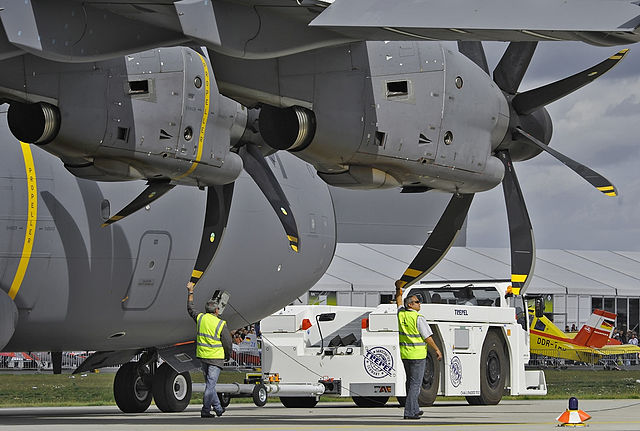


Michel Rocard: from attraction to criticism of the media
20 November 2018
Yemen, terra incognita
26 November 2018In its defense procurement why does the French state choose to pursue both “Made in France” production and international cooperation in Europe and with the United States? Samuel B.H. Faure’s thesis focuses on explaining these decision options. Each of the three varieties of decision in French armaments policy – autocracy, European cooperation and transatlantic importation – is determined by a “configuration effect”. The demonstration of these mechanisms draws on over 150 semi-directed interviews that Samuel conducted with former defense ministers, military chiefs of staff, senior officials and heads of the defense industry.
His work was awarded first prize by the Institut des hautes études de défense nationale (IHDEN – institute for advanced studies in national defense) in strategic studies and the Jean-Louis Quermonne thesis prize in European studies. Explanation (subtitles in English)
After his thesis, Samuel pursued his research as a postdoc researcher at Oxford University (Nuffield College) and at King’s College in London. Today he is a tenured lecturer and director of international relations at Sciences Po Saint-Germain-en-Laye, where he teaches international relations, European Union policy and political economy. He previously taught these subjects at École Polytechnique, at Sciences Po, at Sciences Po Lille and at the Free University of Berlin.
He has been published in, among others, Études internationales [International Studies], European Security, Les Champs de Mars and Politique européenne [European Policy]. His first book is entitled “Défense européenne. Émergence d’une culture stratégique commune” [European defense. Emergence of a common strategic culture] (Athéna éditions, 2016). He is currently working on the publication of a book based on his thesis.



